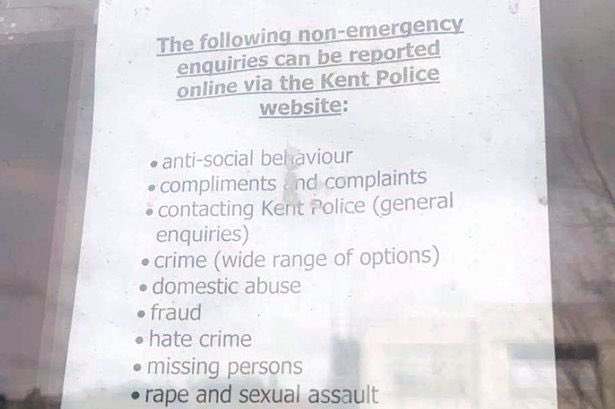Kent’s missing persons numbers rising each year
Every year, nearly 8,000 people are reported as missing to Kent police by phone call, with Kent Online posting an article of 24 faces of which are still missing at the end of each year.
People going missing has become more common than knife crime in Kent, but it does not garner as much attention in the public eye.
According to this same data, in 2020 these calls spiked to just over 13,000, leaving Kent with one of the highest amounts of missing person calls in the UK, many of which are never found.
A High-profile case of a recent missing person was Nicola Bulley, who was reported as missing for 3 weeks until her body was found and reported to the police who later identified the body as Nicola.
The Police involved in the original search were criticised by the public who deemed their efforts as “not appropriate”, as her body was found close to their original search area by passerby’s.
Meanwhile, here in Kent, a poster suggesting missing persons are classed as “non-emergency” were put up by Maidstone Police Force on the windows, prompting backlash by the public who saw this poster.
Although this was part of a campaign called “Click B4 U Call” according to a spokesperson from Kent police, and it was not meant to be interpreted this way, but it can be seen that this may damage the public’s perception of the police and how they react to these crimes.

According to NCA, the estimated price for investigations can fluctuate between £1,325 and £2,415 per missing person’s case, which shows this crime is expensive to investigate.
A question that can be asked, is why these people go missing, and while it is hard to pinpoint a true reason, there are a few possible answers, but experts believe the main driver is mental health.
These mental health issues could be things such as depression, anxiety and other mental health based issues.
According to Missing People, 80% of missing adults had previously been experiencing diagnosed or undiagnosed mental health issues such as anxiety and depression.
